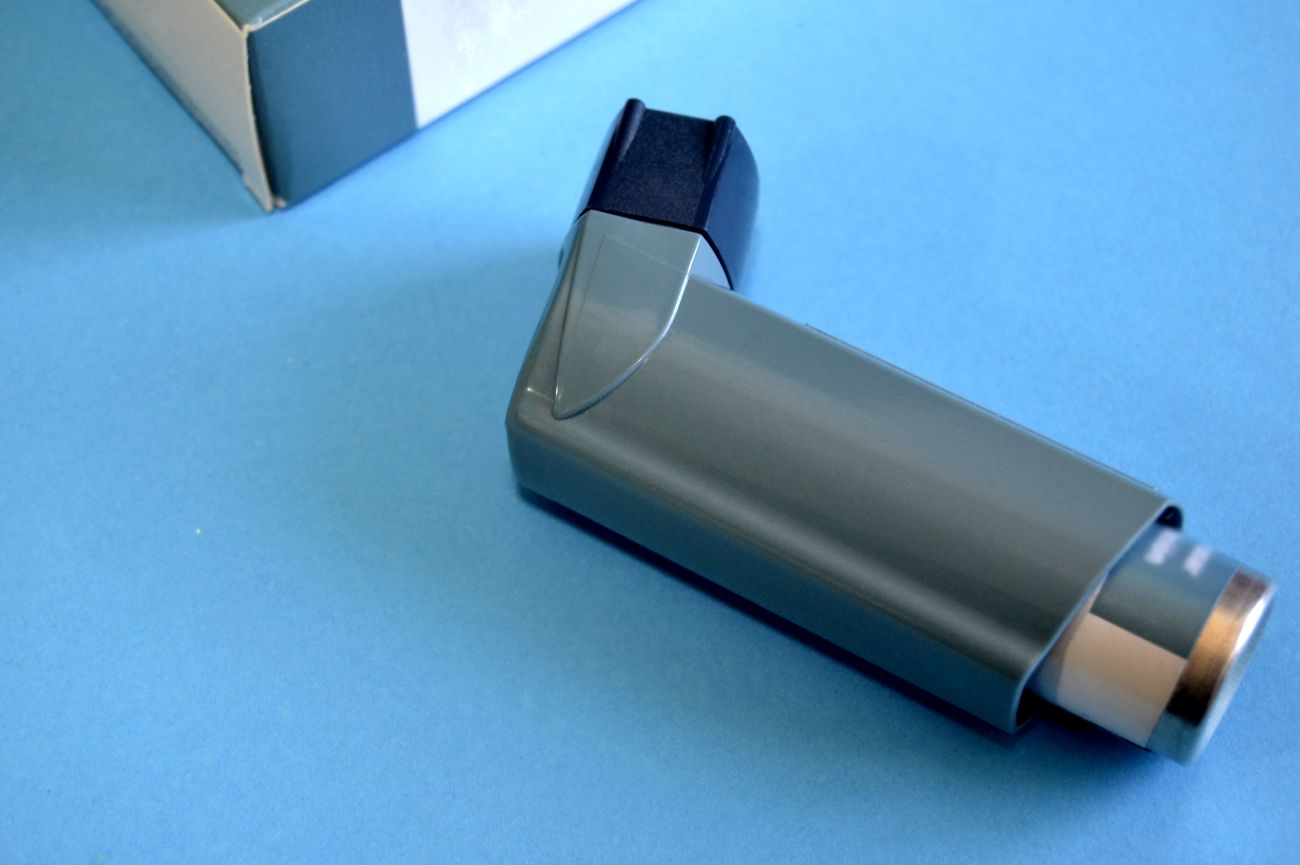This chronic respiratory condition causes swelling of the airways, narrowing the airways of the nose and mouth to the lungs. This can result in a debilitating list of symptoms. Start a search today to learn helpful tips on how to cope with asthma.
There is no cure for asthma. However, over-the-counter medications and a thorough action plan can keep even the most severe asthma cases safe and sound. Here are some things individuals can do to protect themselves from the worst symptoms of asthma.
1. Maintain a Healthy Weight
Carrying around a few extra pounds can aggravate asthma symptoms. In fact, carrying a BMI of 30 or more has been shown to increase an individual’s asthma risk significantly.
Extra weight doesn’t just increase the risk of having asthma either. It also increases the severity of symptoms and even negatively impacts the effectiveness of prescribed medications.
Though much is still unknown about the link between excess weight and asthma, the medical community agrees that maintaining a healthy weight is a critical component of every asthma action plan.
2. Exercise Regularly
While it may seem counterintuitive to exercise to fight a respiratory condition, a regular workout routine is precisely what the doctor ordered.
Yes, exercising with asthma is safe. In fact, a regular workout routine can:
- Improve the function of your lungs;
- Boost your immune system to help protect you against colds;
- Help you lose weight, and;
- Boost the “feel-good” chemicals in your body to help you manage stress.
These are all good things for those fighting asthma on the daily.
3. Stop Smoking
Cigars, cigarettes, and pipes are a non-starter for those fighting with asthma. Frankly, they should be off the table for anyone living with an asthma sufferer as well. First and second-hand smoke is harmful to everyone, and that goes double for those battling asthma.
All types of smoke are powerful triggers for asthma that can often lead to a full-scale asthma attack. If you have asthma or if someone that you live with is fighting this condition, do not smoke.
4. Learn
Knowledge is power. Learning about your condition is always recommended and encouraged, regardless of what you’re suffering.
In the case of asthma, learning about what causes asthma, how to treat it, and how other people are managing to live a full and productive life with it can help boost your confidence and your effectiveness.
Never stop reading, researching, and talking to professionals about your illness. If only for the peace of mind that comes with understanding.
5. Asthma-Proof Your Home
Set yourself up for success by taking the time to eliminate the asthma triggers around your home. Some ways to asthma-proof your home include:
- Ditching the down-filled pillows;
- Encasing your bedding with dust-mite-proof covers;
- Replacing your carpets with hardwood or linoleum flooring;
- Using washable curtains;
- Keeping your windows closed during pollen season, and;
- Investing in an air filtration system.
The asthma-proof to-do list is quite long, but don’t be deterred! Every step that you take will help you, literally and figuratively, breathe easier.
6. Clean Regularly
Dust exacerbates asthma symptoms, as can the residual dirt and grime that often comes from living in a space over time.
The best thing that you can do for your asthma is to develop a weekly cleaning routine and stick to it diligently. Keeping your work and living spaces clean is hard work, but the health benefits should outweigh the cost in elbow grease every single time.
7. Use Your Air Conditioner
If you have asthma, your air conditioner does more than just keep your living space cool. It reduces the volume of airborne pollen from trees, grass, and weeds, lowers the humidity, and reduces your exposure to dust mites. All of these are good things for those with asthma.
If you have an air conditioner, don’t be afraid to use it regularly. And if you don’t, do your best to keep your windows and doors closed during the pollen season.
8. Monitor Pet Dander
Living with pets can make asthma worse. More specifically, an increase in your exposure to pet dander can trigger asthma symptoms and even an asthma attack.
If you are currently living with a pet and have no desire to re-home your furry friend, make sure to they are bathed and groomed regularly to reduce your exposure to all of that pesky pet dander.
Final Thoughts
It sure does seem like there are a lot of things to think about when living with asthma. Managing the dust in your home, exercising on a regular basis, maintaining a healthy weight and avoiding the main asthma triggers can be a full-time job.
Coping with asthma and adjusting your surroundings to help alleviate your symptoms can be daunting, but don’t get discouraged. Your lungs will thank you for your hard work, exhaustive research, and assertive action plan.
